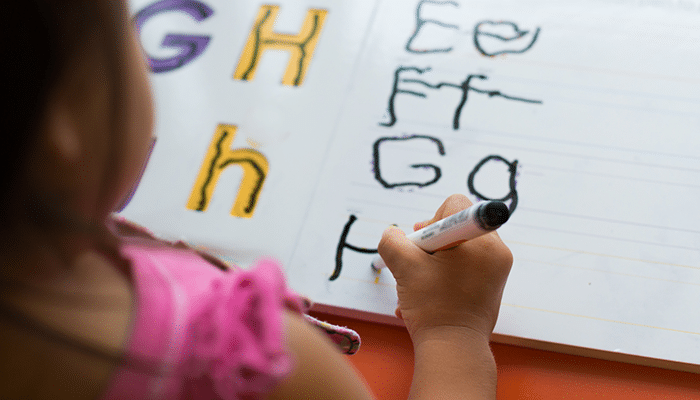What is Dyslexia?
Dyslexia is a language-based learning difference. It affects the organization in the brain that controls the ability to process the way language is heard, spoken, read, or spelled. Dyslexia can also manifest in difficulties with working memory, attention, and organization. Dyslexia can be genetic, and ranges on a continuum of mild to severe. It is important to keep in mind that people with dyslexia are not lacking in motivation or intelligence. In fact, they are typically average to above average in intelligence. Furthermore, dyslexia is fairly common. Diagnosis needs to be made by competent psychologists who understand the processing deficits that are linked with the struggles associated with dyslexia.

Difficulty with Oral Language:
- Late learning to talk
- Difficulty pronouncing words
- Trouble acquiring vocabulary and grammar
- Trouble following directions
- Confusion with concepts
- Difficulty learning the alphabet and rhyming

Difficulty with Written Language:
- Trouble putting ideas on paper
- Uncertainty with concepts of right or left
- Handwriting struggles
- Difficulty with organizing written language
- Trouble copying
- Spelling errors
- Trouble applying rules in daily work
- Poor proofreading ability




